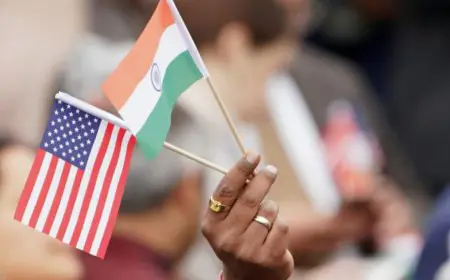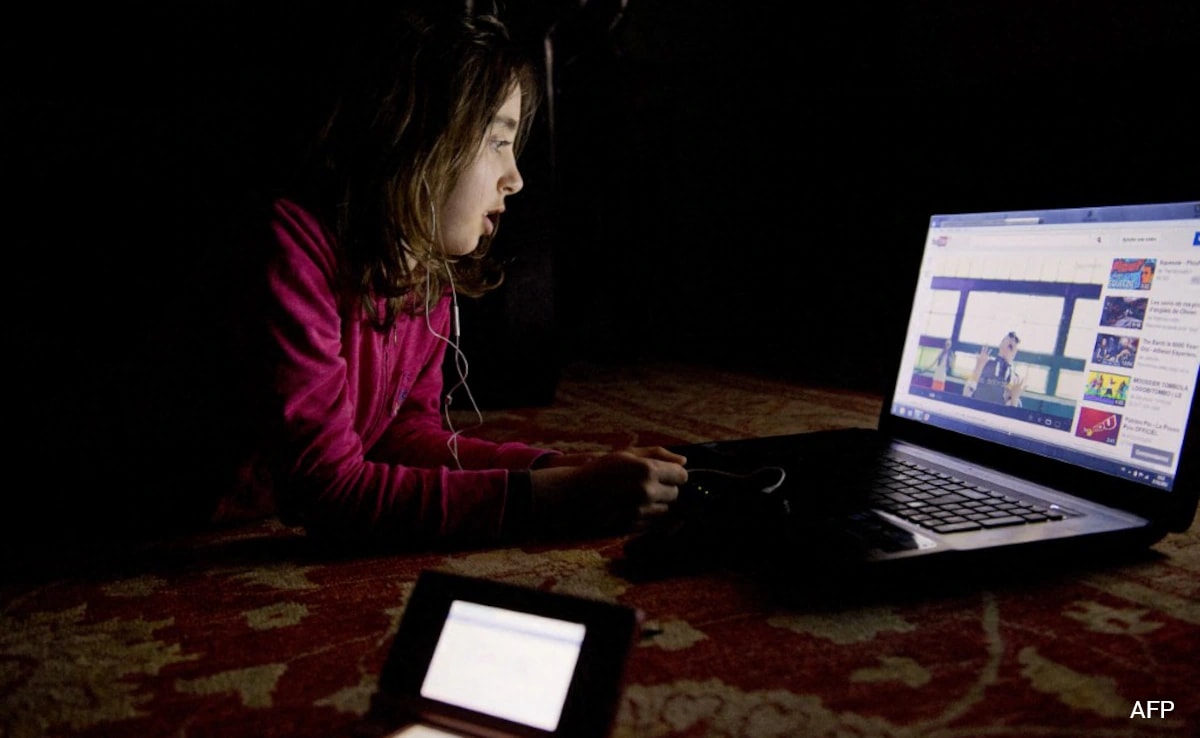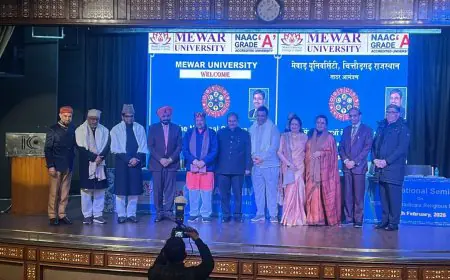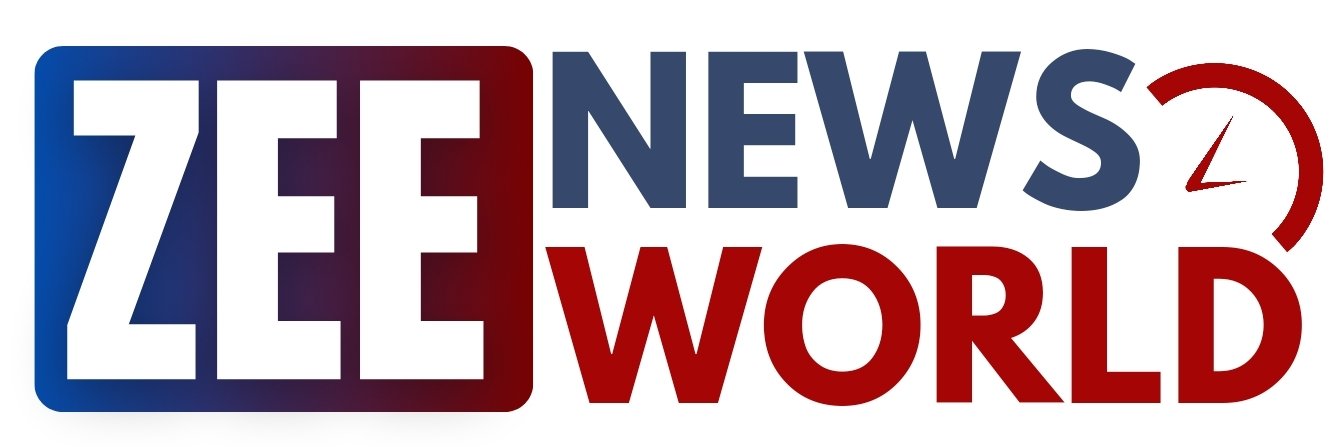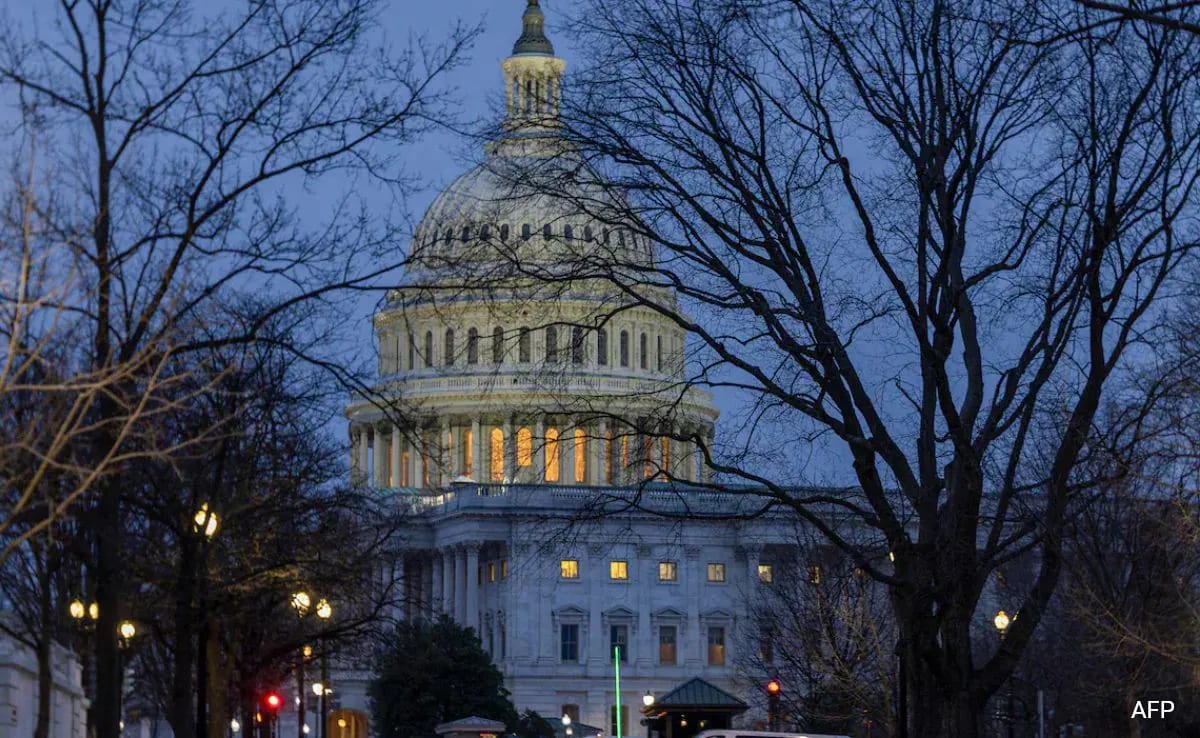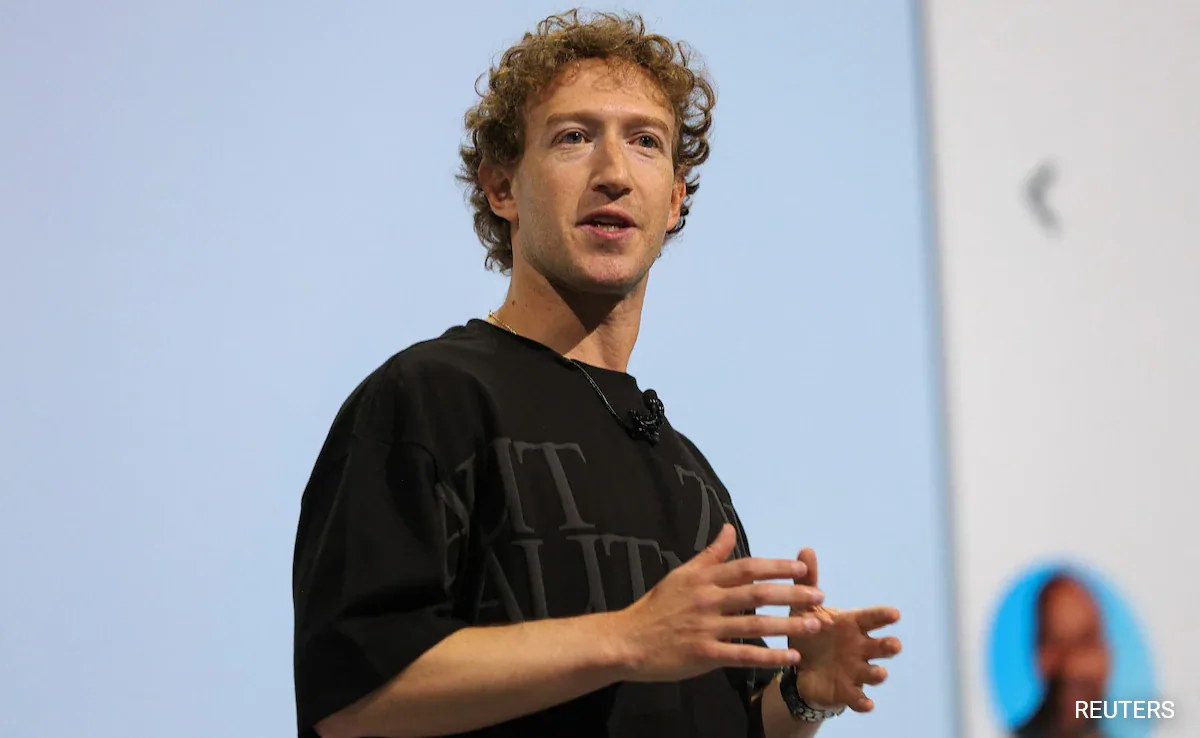India Falls To 3rd Place In Global Trust Index, Low-Income Groups Show Less Confidence: Report
India has dropped one spot to third place in terms of public trust in government, businesses, media, and NGOs, with the low-income population exhibiting significantly less trust than their wealthier counterparts, according to the annual Edelman Trust Barometer study released on Monday. The report is in its 25th year and was published ahead of the World Economic Forum Annual Meeting. It revealed that India ranks 13th in terms of global trust in companies headquartered in the country. In contrast, Canada topped the list of foreign-headquartered companies, followed by Japan, Germany, the UK, France, and the US. Other countries ranked higher than India included Mexico, South Africa, Saudi Arabia, China, and Brazil. The overall ranking for public trust in government, businesses, media, and NGOs was once again led by China, with Indonesia surpassing India to claim second place due to an improved score, while India’s score remained unchanged. The survey, which covered 28 countries, also saw Japan move to the bottom spot, replacing the UK. In most countries, including India, the low-income population exhibited significantly less trust than the high-income group. Among the high-income group, India ranked fourth, following Indonesia, Saudi Arabia, and China. However, within the low-income group, India was the third most trusted nation, after China and Indonesia. The survey revealed that only 65 per cent of the low-income population in India expressed trust in local institutions, compared to 80 per cent of the high-income group. Globally, the survey highlighted troubling trends, with violence and the spread of disinformation increasingly seen as legitimate means for achieving change. Additionally, the survey found that elections or changes in government had minimal impact in most countries. Conducted by global communications firm Edelman, which surveyed over 33,000 respondents across 28 countries, the Trust Barometer showed that economic fears have escalated into widespread grievance, with six in 10 respondents reporting a moderate to high sense of dissatisfaction. The survey defines this growing grievance as a belief that governments and businesses are harming the public by serving narrow interests, with the wealthy benefiting while ordinary people struggle. Fear of discrimination has surged by 10 points, reaching a record high of 63 per cent, affecting individuals across all genders, ages, and income levels. The most significant increase (14 points) was observed among white Americans, according to the barometer. The survey also highlighted an unprecedented global lack of trust in institutional leaders, with 69 per cent of respondents expressing concern that government officials, business leaders, and journalists intentionally mislead the public. This figure has risen by 11 points since 2021. The survey also highlighted growing confusion around credible information, with 63 per cent of respondents saying it's becoming increasingly difficult to distinguish between news from reliable sources and deceptive content. Alarmingly, four in 10 respondents, including 53 per cent of those aged 18-34, expressed approval for various forms of hostile activism to drive change. This includes actions like online attacks, spreading disinformation intentionally, threatening or committing violence, and damaging public or private property. Other key findings revealed a significant lack of trust in the world's largest economies. Five of the top 10 global economies ranked among the least trusted nations on the Trust Index: Japan (the least trusted at 37 per cent), Germany (41 per cent), the UK (43 per cent), the US (47 per cent), and France (48 per cent). In contrast, developing nations appeared more trusting, with China (77 per cent), Indonesia (76 per cent), India (75 per cent), and the UAE (72 per cent) leading the Trust Index. Despite a 3-point drop to 75 per cent trust among employees, 'my employer' remained the most trusted institution globally. The survey also found that the wealthy are increasingly viewed as the source of societal issues, with a majority believing the rich avoid paying their fair share of taxes (67 per cent) and blaming their selfishness for many of the problems faced by the general public (65 per cent). Also Read: Gold Rate Today (January 20): Check Out Gold Prices In Delhi, Mumbai, Bengaluru, Ahmedabad, More Cities
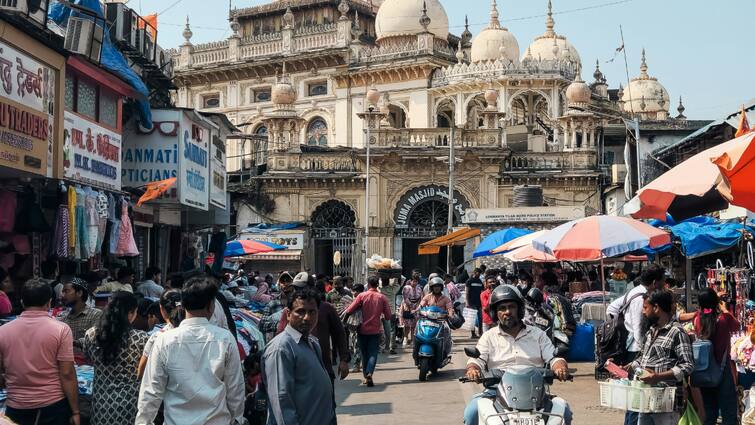
India has dropped one spot to third place in terms of public trust in government, businesses, media, and NGOs, with the low-income population exhibiting significantly less trust than their wealthier counterparts, according to the annual Edelman Trust Barometer study released on Monday.
The report is in its 25th year and was published ahead of the World Economic Forum Annual Meeting. It revealed that India ranks 13th in terms of global trust in companies headquartered in the country. In contrast, Canada topped the list of foreign-headquartered companies, followed by Japan, Germany, the UK, France, and the US. Other countries ranked higher than India included Mexico, South Africa, Saudi Arabia, China, and Brazil.
The overall ranking for public trust in government, businesses, media, and NGOs was once again led by China, with Indonesia surpassing India to claim second place due to an improved score, while India’s score remained unchanged.
The survey, which covered 28 countries, also saw Japan move to the bottom spot, replacing the UK. In most countries, including India, the low-income population exhibited significantly less trust than the high-income group.
Among the high-income group, India ranked fourth, following Indonesia, Saudi Arabia, and China. However, within the low-income group, India was the third most trusted nation, after China and Indonesia.
The survey revealed that only 65 per cent of the low-income population in India expressed trust in local institutions, compared to 80 per cent of the high-income group.
Globally, the survey highlighted troubling trends, with violence and the spread of disinformation increasingly seen as legitimate means for achieving change.
Additionally, the survey found that elections or changes in government had minimal impact in most countries.
Conducted by global communications firm Edelman, which surveyed over 33,000 respondents across 28 countries, the Trust Barometer showed that economic fears have escalated into widespread grievance, with six in 10 respondents reporting a moderate to high sense of dissatisfaction.
The survey defines this growing grievance as a belief that governments and businesses are harming the public by serving narrow interests, with the wealthy benefiting while ordinary people struggle.
Fear of discrimination has surged by 10 points, reaching a record high of 63 per cent, affecting individuals across all genders, ages, and income levels. The most significant increase (14 points) was observed among white Americans, according to the barometer.
The survey also highlighted an unprecedented global lack of trust in institutional leaders, with 69 per cent of respondents expressing concern that government officials, business leaders, and journalists intentionally mislead the public. This figure has risen by 11 points since 2021.
The survey also highlighted growing confusion around credible information, with 63 per cent of respondents saying it's becoming increasingly difficult to distinguish between news from reliable sources and deceptive content.
Alarmingly, four in 10 respondents, including 53 per cent of those aged 18-34, expressed approval for various forms of hostile activism to drive change. This includes actions like online attacks, spreading disinformation intentionally, threatening or committing violence, and damaging public or private property.
Other key findings revealed a significant lack of trust in the world's largest economies. Five of the top 10 global economies ranked among the least trusted nations on the Trust Index: Japan (the least trusted at 37 per cent), Germany (41 per cent), the UK (43 per cent), the US (47 per cent), and France (48 per cent). In contrast, developing nations appeared more trusting, with China (77 per cent), Indonesia (76 per cent), India (75 per cent), and the UAE (72 per cent) leading the Trust Index.
Despite a 3-point drop to 75 per cent trust among employees, 'my employer' remained the most trusted institution globally.
The survey also found that the wealthy are increasingly viewed as the source of societal issues, with a majority believing the rich avoid paying their fair share of taxes (67 per cent) and blaming their selfishness for many of the problems faced by the general public (65 per cent).
What's Your Reaction?
























